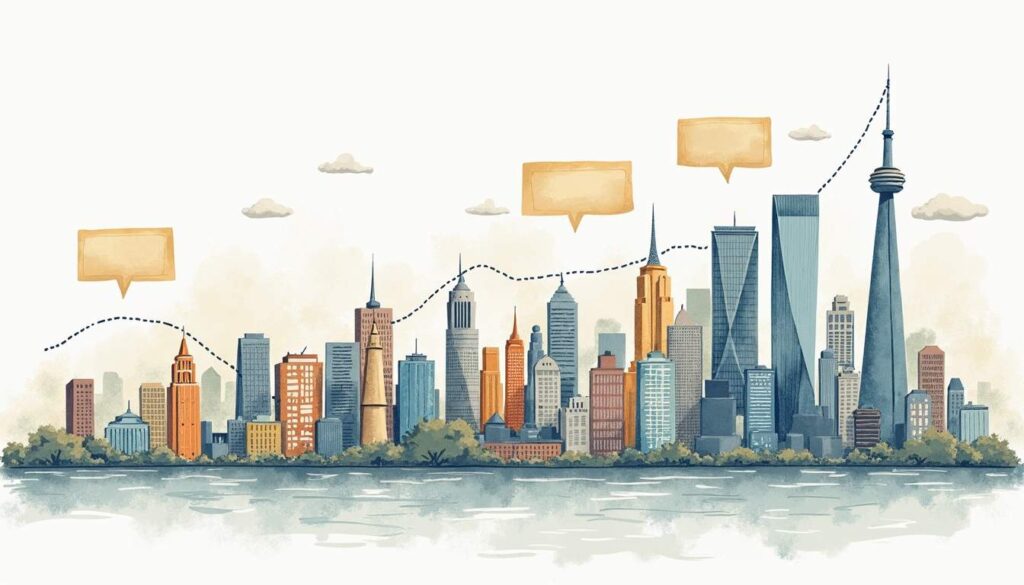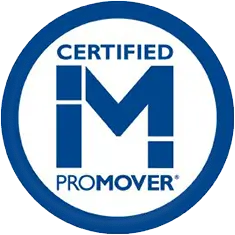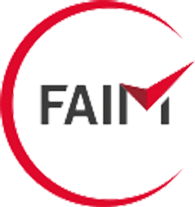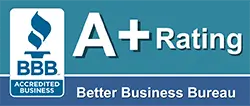The relocation industry has undergone a significant transformation in recent years, driven by advancements in technology. From the days of manual quotes and paper-based processes to the era of smart routing and automated solutions, the way people move has evolved dramatically. This article delves into the latest tech trends that are revolutionizing the relocation landscape, making it more efficient, user-friendly, and cost-effective.
The Shift from Manual Processes to Automation
Traditionally, the relocation process was cumbersome and time-consuming. Manual quotes required potential movers to spend hours on the phone or filling out forms, often leading to confusion and delays. However, the advent of automation has changed this narrative.
Streamlined Quoting Systems
Modern relocation services now utilize sophisticated quoting systems powered by artificial intelligence (AI). These systems can analyze customer needs and preferences in real-time, providing accurate estimates within minutes. By inputting basic information such as location, size of the move, and desired moving date, customers can receive tailored quotes without the hassle of back-and-forth communication.
This not only saves time but also enhances transparency. Clients can compare quotes from different service providers with ease, ensuring they make informed decisions. The automation of this process reduces human error and increases overall satisfaction. Furthermore, these advanced systems often incorporate predictive analytics, allowing companies to anticipate demand and optimize their resources accordingly. This means that during peak moving seasons, customers can still expect timely responses and efficient service, a significant improvement over the unpredictability of manual processes.
Enhanced Customer Experience
Automation in relocation extends beyond just quoting. Customer relationship management (CRM) systems now play a pivotal role in managing interactions with clients. These systems allow moving companies to track customer inquiries, preferences, and feedback, enabling a more personalized service.
Moreover, the integration of chatbots and virtual assistants on websites provides immediate assistance to customers, answering common questions and guiding them through the process. This 24/7 availability ensures that clients feel supported at every stage of their relocation journey. In addition, many companies are now employing machine learning algorithms to analyze customer feedback and improve their services continuously. By identifying trends and common pain points, these companies can adapt their offerings to better meet the evolving needs of their clients, fostering a more customer-centric approach that enhances loyalty and trust. As technology continues to advance, the potential for further innovations in the relocation industry seems limitless, paving the way for an even more efficient and user-friendly experience for movers everywhere.
Smart Routing and Logistics Optimization
One of the most significant advancements in the relocation industry is the use of smart routing technologies. These innovations leverage data analytics and GPS tracking to optimize logistics, ensuring that moves are executed efficiently.
Data-Driven Decision Making
Relocation companies are increasingly relying on data analytics to make informed decisions about routes and schedules. By analyzing traffic patterns, weather conditions, and road closures, companies can determine the best routes for their moving trucks. This not only minimizes delays but also reduces fuel consumption and costs.
Furthermore, predictive analytics can forecast potential challenges in the moving process, allowing companies to proactively address issues before they arise. This level of foresight enhances the overall reliability of the service, leading to happier customers.
Real-Time Tracking for Transparency
With the integration of GPS technology, clients can now track their belongings in real-time. This feature provides peace of mind, as customers can monitor the progress of their move from start to finish. Notifications about estimated arrival times and any delays keep clients informed, fostering trust between them and the moving company.
Real-time tracking also allows for better coordination on moving day. Clients can prepare for the arrival of their movers, ensuring a smoother transition into their new home. This transparency is a game-changer in an industry where uncertainty has often been the norm.
Embracing Virtual Reality and Augmented Reality
Virtual reality (VR) and augmented reality (AR) technologies are making waves in the relocation sector, providing innovative solutions for both movers and service providers.
Virtual Tours and Pre-Move Planning
Before committing to a move, potential clients can now take virtual tours of their new homes. This immersive experience allows them to visualize their space and plan the layout of their furniture and belongings. By using VR technology, movers can assess the space and provide more accurate quotes based on the specific needs of the client.
Additionally, AR applications enable clients to see how their furniture will fit in their new home by overlaying digital images onto their physical environments. This interactive approach enhances decision-making and reduces the likelihood of costly mistakes during the moving process.
Training and Simulation for Movers
On the operational side, VR is being utilized for training movers. New employees can engage in realistic simulations that prepare them for various challenges they may face on the job. This hands-on training approach ensures that movers are well-equipped to handle delicate items, navigate tight spaces, and provide exceptional customer service.
As a result, companies can enhance their workforce’s skills while also improving safety standards. Well-trained movers are less likely to make mistakes, leading to a smoother experience for clients.
Sustainability in Relocation Technology
As environmental concerns continue to rise, the relocation industry is also embracing sustainability through technology. Companies are increasingly focused on reducing their carbon footprints and implementing eco-friendly practices.
Green Moving Solutions
Many moving companies are now offering green moving solutions that utilize sustainable materials and practices. This includes using biodegradable packing materials, fuel-efficient vehicles, and energy-efficient warehouses. By adopting these practices, companies not only appeal to environmentally conscious consumers but also contribute to a healthier planet.
Moreover, technology plays a crucial role in optimizing these sustainable practices. For instance, route optimization software can help reduce fuel consumption by finding the most efficient paths, while digital inventory systems minimize the need for excessive packaging.
Carbon Offset Programs
Some relocation companies have begun to implement carbon offset programs, allowing clients to contribute to environmental initiatives. By calculating the carbon emissions associated with a move, companies can offer clients the option to invest in projects that promote reforestation or renewable energy. This not only raises awareness about sustainability but also empowers clients to make a positive impact.
The Rise of Peer-to-Peer Platforms
The sharing economy has infiltrated the relocation sector, with peer-to-peer platforms emerging as a popular alternative to traditional moving services. These platforms connect individuals who need assistance with their moves to those willing to help, often at a lower cost.
Cost-Effective Solutions
Peer-to-peer moving platforms allow individuals to find local movers or even rent out their vehicles for transportation. This flexibility can lead to significant cost savings for those looking to relocate on a budget. By leveraging technology, these platforms create a marketplace where users can negotiate prices and services that suit their needs.
Moreover, this model fosters a sense of community, as individuals can rely on their neighbors for support during the moving process. It also opens up opportunities for those looking to earn extra income by offering their services.
Building Trust in the Sharing Economy
While peer-to-peer platforms present exciting opportunities, they also raise concerns about trust and reliability. To address this, many platforms implement review systems and background checks to ensure safety and accountability. By building a reputation system, users can make informed decisions based on previous experiences of others.
This focus on trust is essential in the relocation industry, where the handling of personal belongings is a significant concern for clients. As the sharing economy continues to grow, establishing trust will be crucial for the success of these platforms.
Conclusion: The Future of Relocation Technology
The relocation industry is on the brink of a technological revolution, with innovations transforming how people move. From automated quoting systems to smart routing and immersive technologies, the future of relocation promises to be more efficient, transparent, and sustainable.
As companies continue to embrace these trends, clients can expect a more streamlined and user-friendly experience. The integration of technology not only enhances operational efficiency but also fosters a sense of community and trust among movers and clients alike.
Ultimately, the evolution of the relocation industry reflects a broader shift towards a more connected and tech-driven world. As these trends continue to develop, the possibilities for improving the moving experience are endless, paving the way for a future where relocation is not just a task but a seamless journey.
















